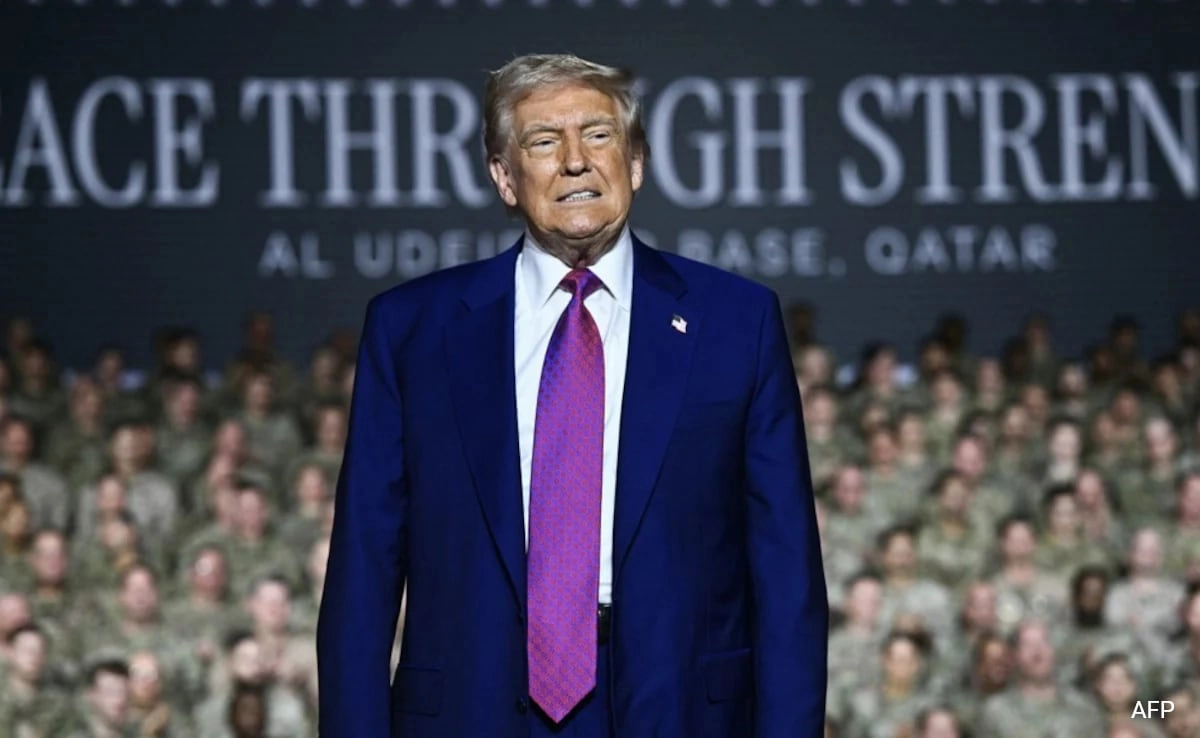The United Kingdom’s recent immigration crackdown is poised to have significant implications for Indian students and workers who aspire to study or work in the country. This policy shift comes amid growing concerns over immigration levels and the perceived strain on public services. The UK government has announced stricter regulations aimed at reducing the number of international arrivals, which could inadvertently affect the longstanding relationship between the UK and India, particularly in the educational and employment sectors.
Indian students have increasingly viewed the UK as an attractive destination for higher education, with many universities renowned for their academic excellence and diverse cultural experiences. However, the tightening of immigration rules could deter prospective students from applying, as the fear of visa denial or restricted post-study work opportunities grows. This could lead to a decline in enrollment numbers, impacting not only the financial stability of universities but also the rich cultural exchange that international students bring to the UK.
Similarly, Indian professionals seeking employment in the UK are likely to face more stringent visa requirements, which could limit their opportunities in key sectors such as technology, healthcare, and engineering. The UK has historically benefited from the skills and expertise of Indian workers, who have contributed significantly to its economy. A reduction in their numbers could exacerbate labor shortages in critical industries, ultimately affecting the overall economic growth of the nation.
Moreover, the immigration crackdown may also strain diplomatic relations between India and the UK. As both countries navigate the complexities of trade, investment, and cultural ties, restrictive immigration policies could create friction and diminish the collaborative spirit that has characterized their relationship. The long-term consequences of these measures may not only affect individuals and families but also influence the broader socio-economic landscape, prompting both governments to reconsider their approaches to immigration and international cooperation.




